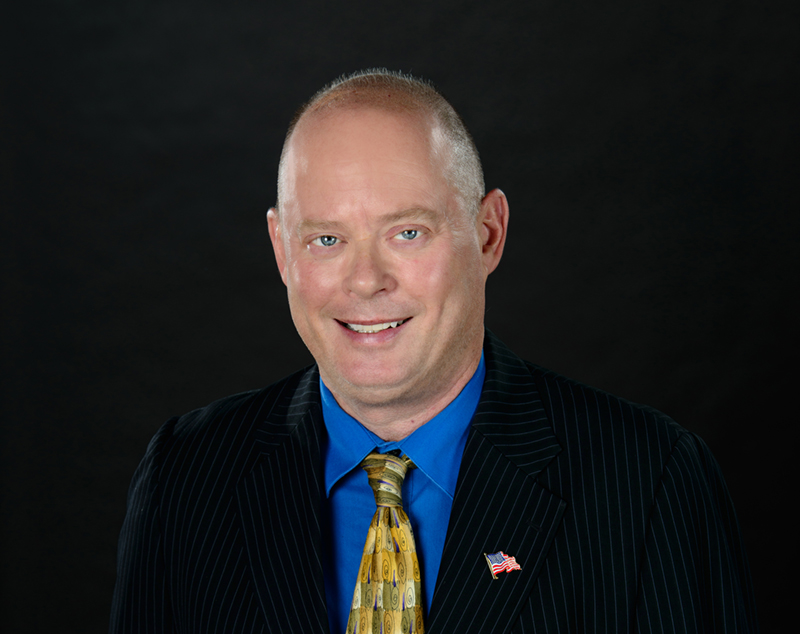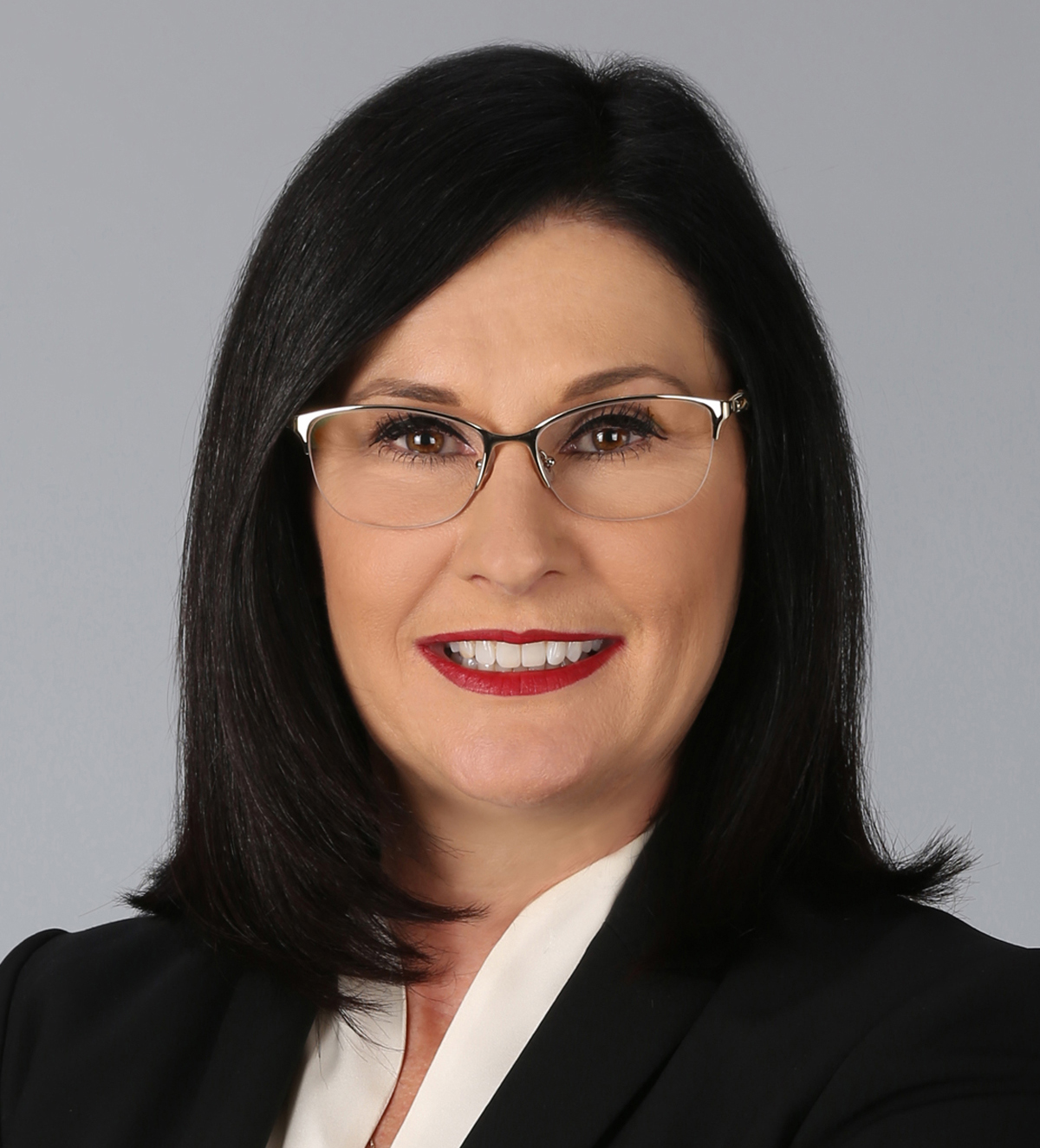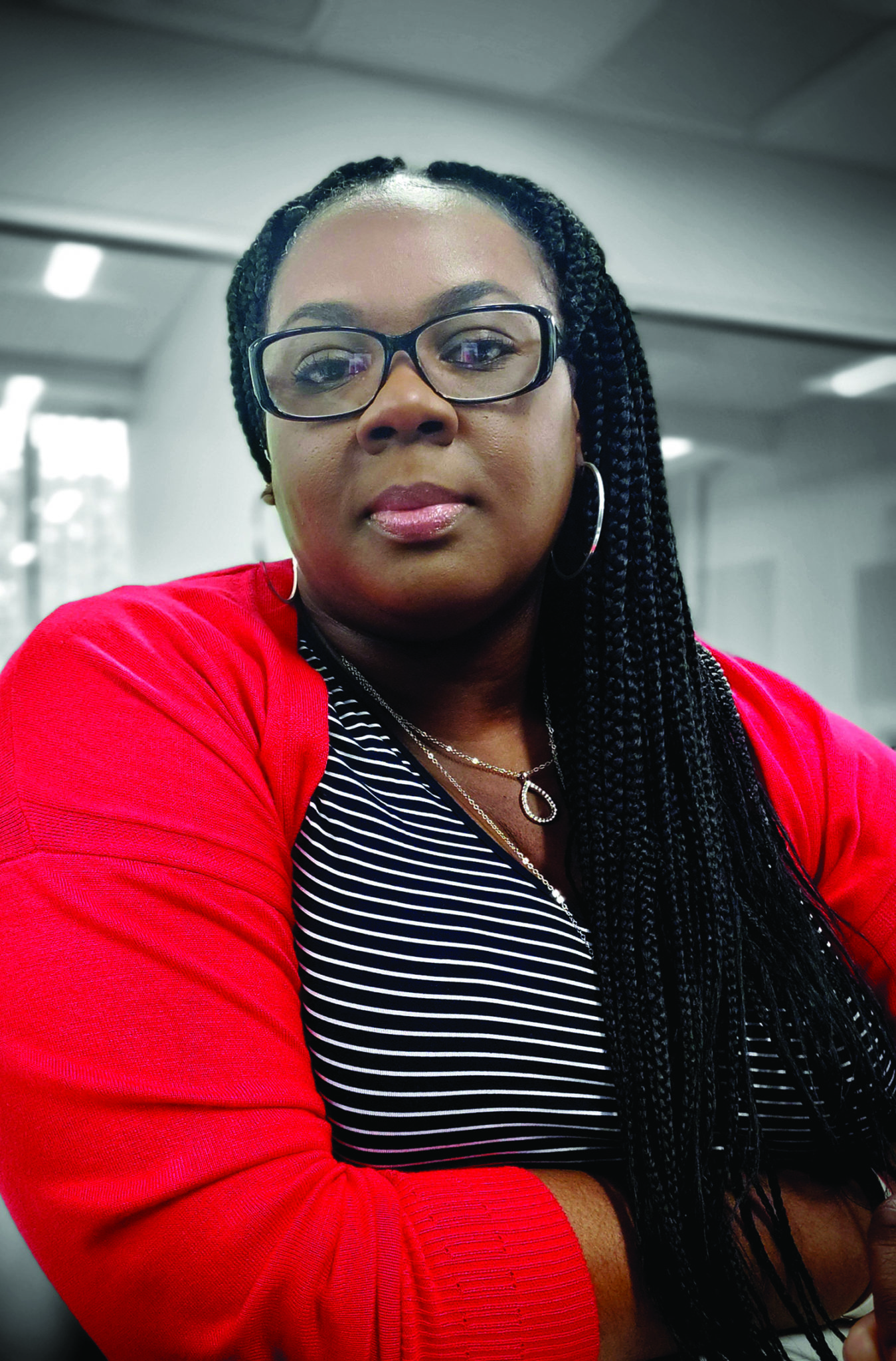[vc_row css_animation=”” row_type=”row” use_row_as_full_screen_section=”no” type=”full_width” angled_section=”no” text_align=”left” background_image_as_pattern=”without_pattern”][vc_column width=”2/3″][vc_column_text]
Tom Brokaw wrote a book called The Greatest Generation about the men and women who endured the hardships of the Great Depression and World War II to build the foundation for the modern United States.
In interviewing Tony Argiz, chairman and CEO of accounting firm MBAF, it occurred to me that he is part of a similar phenomenon in South Florida. Before Fidel Castro turned Cuba into a feudal state, Miami was a relatively sleepy Southern city. Castro did his home nation no favors with his tyrannical actions, but he did South Florida a big favor by prompting an exodus of talent from the island. That turned Miami into an international, cosmopolitan city with strong ties to Latin America and the Caribbean.
Argiz, developer Armando Codina, Miami Dade College President Eduardo J. Padrón and Jeff Bezos’ stepfather, Miguel Bezos, are just a few of the notable names of Cuban-Americans who came unaccompanied by their parents to the United States as part of Operation Pedro Pan. The operation by the Catholic Church helped ensure that members of that generation would not grow up under Castro or face threats of going to the Soviet Union for their education.
Unfortunately, we now have a wave of refugees from Venezuela and Central America. The parallels between Cuba and Venezuela seem to grow by the day. The latter wave from Venezuela has helped fuel growth in South Florida in general, but particularly in cities like Doral and Weston. The Venezuelans in South Florida are also a lifeline to their relatives who are still stuck in Venezuela.
Contrast the Pedro Pan movement with what’s happening now. Children and their parents at the U.S. border are facing a backlog as they try to seek asylum. The president and Congress are divided on security measures at the borders, and there is too little discussion about the humanitarian crisis.
To compound the situation, Nicaragua under President Daniel Ortega seem to be edging closer to the Cuban and Venezuelan model. Other countries in Central America are overrun with crime, cronyism, corruption and a lack of economic opportunity.
I asked Argiz if he and others who came via Pedro Pan ever reflect on what they were able to accomplish. His answer was telling about the forward-looking attitude of business leaders in general and Pedro Pan refugees in particular: “No one really sits back and does that,” he said. “Whatever it is, it is. What’s talked about is how can you make the city better. How can you help the citizens of the city that might be in the same situation that we were. Miami provided an amazing opportunity for all us. Miami and the United States is the real success story. If it wasn’t free enterprise and democratic government, like the United States, there is no other place in the world like that.”
Amid all the conflict in U.S. politics, it’s worth paying attention to the words of Argiz. Free enterprise is nothing to be ashamed of. Replacing capitalism with socialism would not reflect the core values of our nation.
[/vc_column_text][/vc_column][vc_column width=”1/3″][/vc_column][/vc_row]










